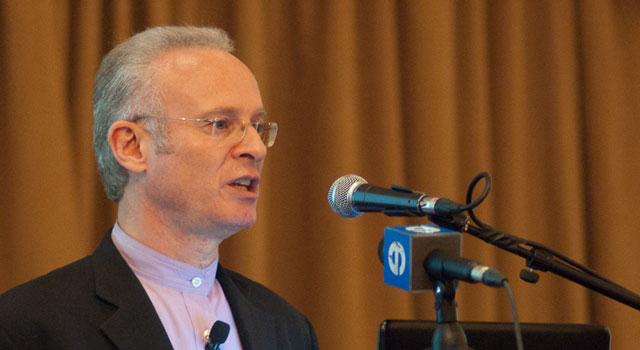
Younger users are abandoning voice faster than any other segment as mobile operators battle a decline in voice revenues for the first time in their history, according to research firm World Wide Worx’s latest annual Mobility survey.
The study reveals that the 19-24 age group uses 56% of their mobile budget on voice, down from 66% in mid-2012, while their data spending has increased from 17% to 24% over the same period.
There has been a decline in voice across the market, falling from 73% of the overall mobile budget to 65%, while data has increased from 12% to 16%. In 2010, voice was 77% of the average mobile budget and data was just 8%.
The average mobile budget for SMS spend remained at 13%, while the purchase of full music tracks, which featured for the first time in 2012, has doubled from 1% to 2% of total spend.
World Wide Worx MD Arthur Goldstuck says older users continue to spend more overall, but the powerful shift in spend from voice to data will work its way up the age segments in coming years.
“Already, we are seeing a flattening of the curve of data use from the 25-34 age group through to the 46-55 age group. Only above 55 does data spend drop off, but not very significantly.”
The survey also reveals that Nokia remains the most popular phone brand in South Africa, although it’s market share has fallen from 50% to 44%.
Surprisingly, BlackBerry use has gone up despite its decline in the Western markets, rising to 23% from 18%. Samsung’s market share is below BlackBerry, at 19%, up only 1% compared to mid-2012.
Users surveyed a year ago said they would move away from the Samsung brand but, according to World Wide Worx, the appeal of the Galaxy range of Android devices across all smartphone price segments has resulted in renewed interest for the manufacturer.
Apps driving
Meanwhile, applications are single-handedly driving what World Wide Worx calls the “mobile economy”.
A tipping point in mobile use has occurred, with 51% of urban cellphone users making use of mobile apps, with the rural market catching up at an adoption rate of 27%, overtaking the total market from 18 months ago.
The average user’s mobile spend is 16% on data, up from 12% in mid-2012, while the use of Wi-Fi hotspots is on the rise albeit off a low base. Just 14% of those surveyed make use of Wi-Fi, with an increase to 26% expected in 2014.
Goldstuck says the rapidly growing penetration of smartphones and increased use of the Internet on feature phones has changed the way South Africa communicates.
“Although SMS remains pervasive, new communication channels are being opened up to the mass market through both social media and instant messaging (IM) apps.”
The survey found the most dramatic growth to be in IM apps, specifically WhatApp, which has more than doubled its penetration rate from 26% to 53% of users in the past 18 months. Additionally, a further 10% of the respondents who do not make use of WhatsApp said they will use it in the coming year.
The second most popular chat tool in South Africa is Facebook Chat, with 45% of those surveyed using it, while Mxit remained at a steady 25%, and BlackBerry Messenger rose from 17% to 21%.
Of the adult cellphone users surveyed in urban areas in South Africa, 20% of respondents were using Twitter, up from 12% in mid-2012. World Wide Worx expects this figure to go up to at least 30% in 2014. — (c) 2013 NewsCentral Media




